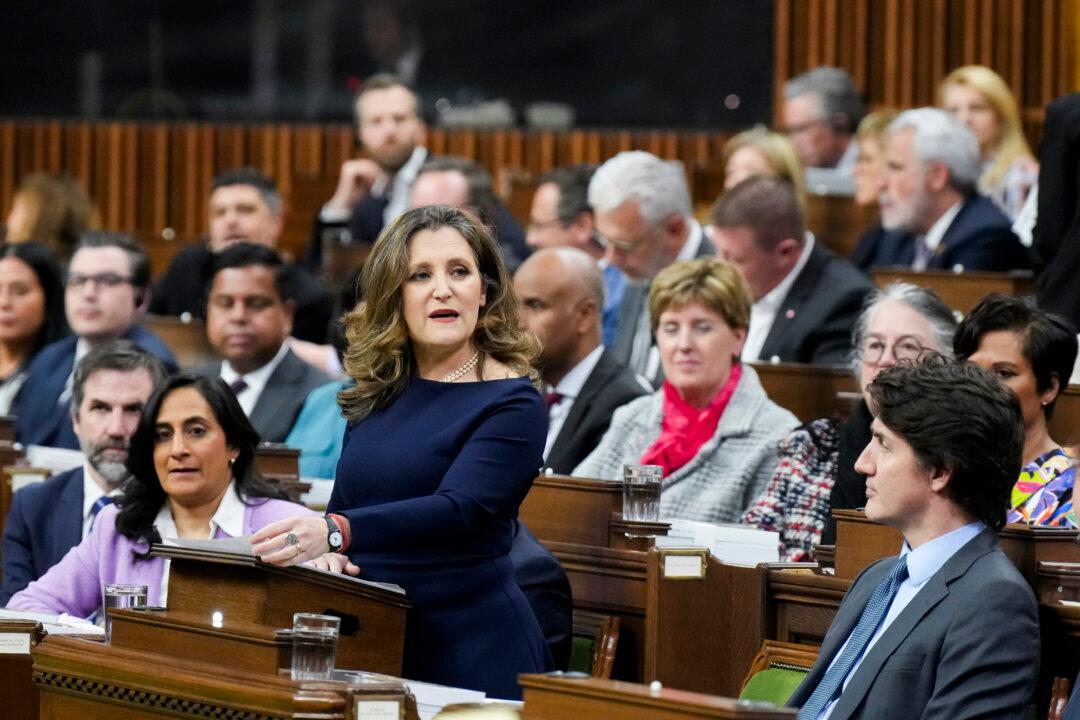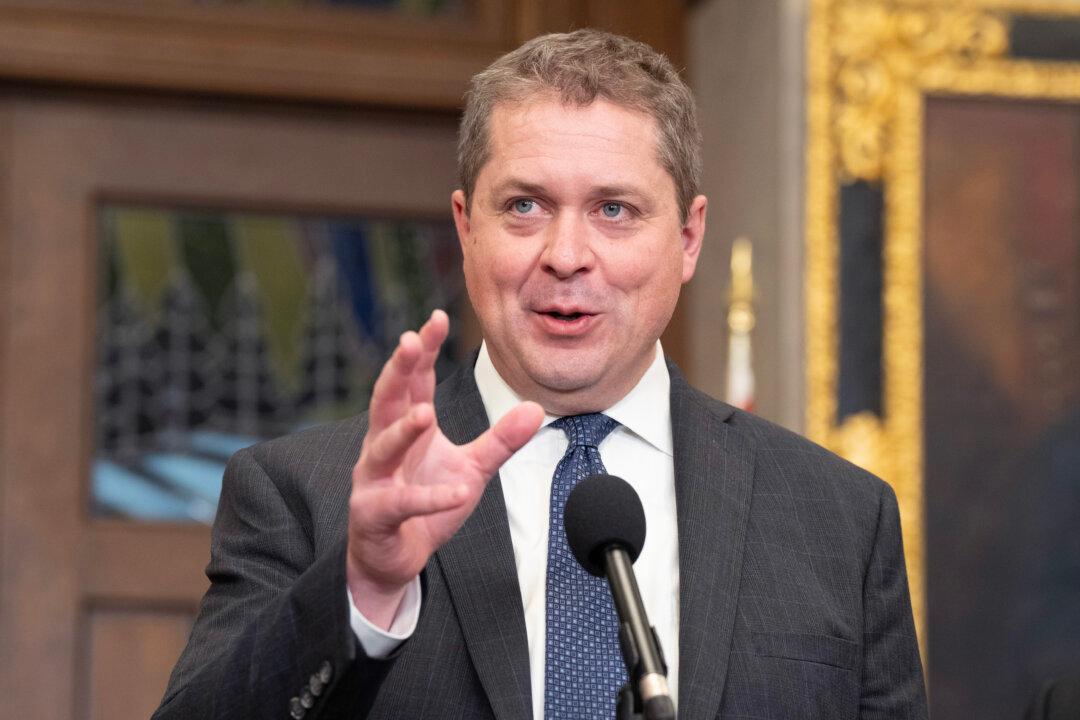A ways and means motion to increase the capital gains tax passed in the House of Commons by a 208 to 118 vote on June 11. The Liberals, NDP and Bloc Quebecois voted in favour of the motion, while the Conservatives voted against it.
The changes to Canada’s capital gains tax, set to take place on June 25, mean that Canadian companies will pay taxes on 66.7 percent of their realized capital gains, up from the current 50 percent. Individuals will pay tax on 50 percent of the first $250,000 of capital gains earned in the year, and 66.7 percent of any gain above that threshold under the new system.





